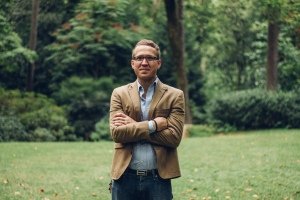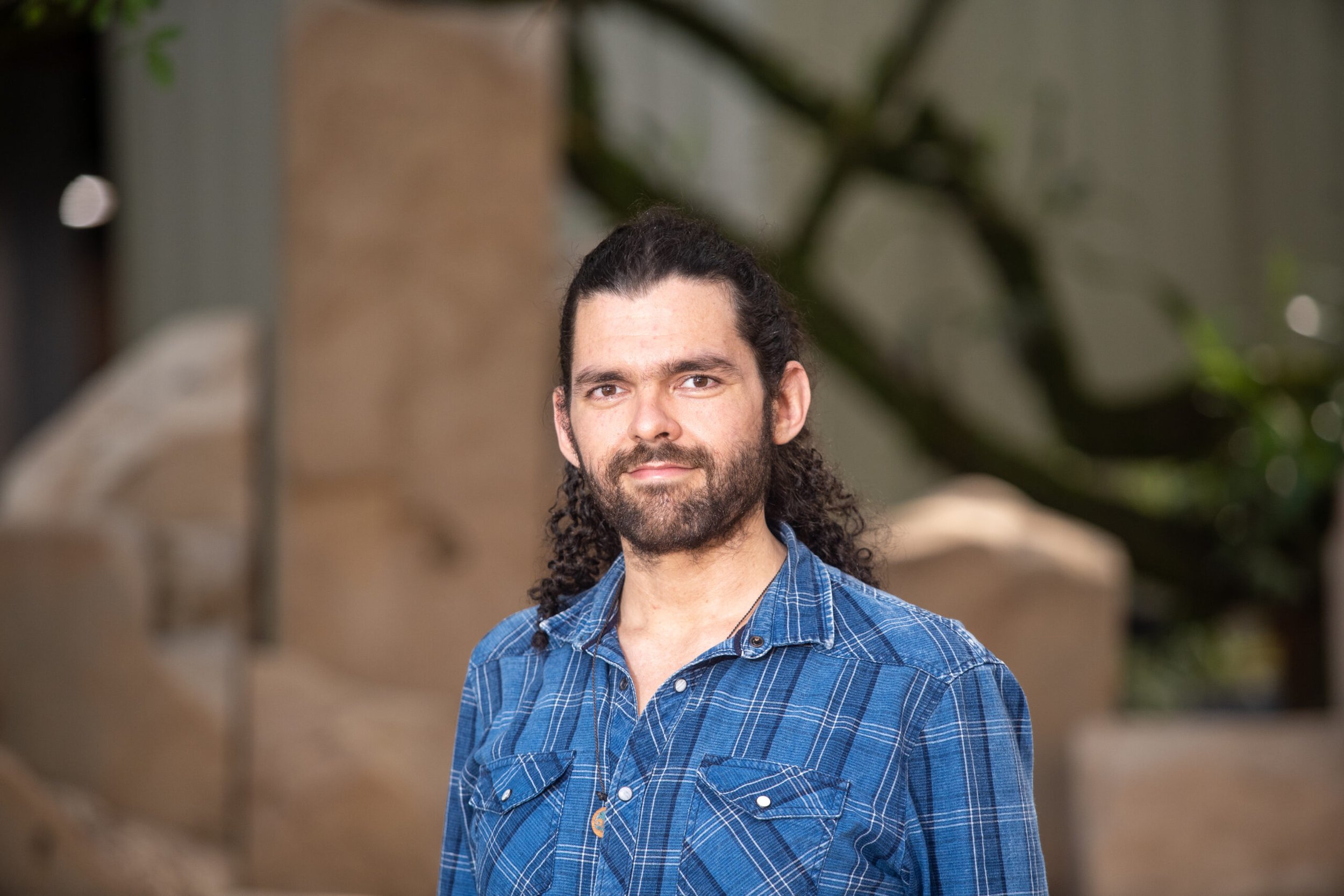Research Collaborators
Yolande Bouka is an Assistant Professor in the Department of Political Studies at Queen’s University. Her research and teaching focus on gender, African politics and security, political violence, and field research ethics in conflict-affected societies. She holds a Ph.D. in International Relations from American University. Her current research is a multi-sited historical and political analysis of female combatants in Southern Africa. Her previous research which is now a book manuscript “In the Shadow of Prison: Power, Identity, and Transitional Justice in Post-Genocide Rwanda” focused on the social and political impacts of the power-laden nature of the Rwandan transitional justice program. Prior to joining Queen’s University, she was a Visiting Assistant Professor at the George Washington University and a Post-Doctoral Fellow at the University of Denver.
Jessica Maves Braithwaite is an Associate Professor and Director of the PhD program at the University of Arizona’s School of Government and Public Policy. Her research addresses how repressive activities and institutional characteristics of governments influence (and are influenced by) violent and nonviolent strategies of domestic opposition groups, as well as the roles of domestic and international actors in peacebuilding efforts. Dr. Braithwaite is co-creator of two original datasets exploring the organizations involved in political violence, including the Foundations of Rebel Group Emergence (FORGE) dataset and the Anatomy of Resistance Campaigns (ARC) dataset. Her work has been published at Journal of Politics, International Studies Quarterly, Journal of Peace Research, Journal of Conflict Resolution, and Conflict Management and Peace Science, among other outlets.
Caroline Brandt is currently a Post-Doctoral Fellow at the Department of Peace and Conflict Research at Uppsala University in Uppsala, Sweden. She received her Ph.D. in political science from the University of California at Berkeley in 2020. Previously she was a Post-Doctoral Fellow at the Center for International Studies at the University of Southern California and the Gallatin Pre-Doctoral Fellow at the Graduate Institute of International and Development Studies in Geneva, Switzerland. Her research focuses on understanding peacekeeping and other complex civil conflict dynamics using computational methods.
Travis Curtice is an assistant professor in the Department of Politics at Drexel University. Prior to his position at Drexel, he held fellowships with the Dickey Center for International Understanding at Dartmouth College, the U.S. Institute for Peace, and the Democracy Program at the Carter Center. Curtice completed his Ph.D. in Political Science from Emory University in 2020, receiving the Pursuit of Excellence in Political Science Award. Dr. Curtice’s work is motivated by questions on political violence, identity, conflict, and crime. He uses diverse research methods including survey experiments, field research, qualitative interviews, and cross-national comparisons. Curtice is currently working on his first book manuscript entitled The Repression Dilemma: The Politics of Policing in Multi-ethnic Societies.
Karsten Donnay is an Assistant Professor of Political Behavior and Digital Media in the Department of Political Science at the University of Zurich, Switzerland, and part of the university’s Digital Society Initiative. Before joining the University of Zurich in April 2020, he was Assistant Professor of Computational Social Science at the Center for Data and Methods in the Department of Politics and Public Administration at the University of Konstanz, Germany. He holds a PhD in Computational Social Science from ETH Zurich and was a postdoctoral researcher at the Graduate Institute Geneva and the University of Maryland. In his research, he combines a substantive interest in political science with the development and refinement of quantitative methodologies for social science research.
Dr. Laura Huber is an Assistant Professor at the University of Mississippi. Her research interests include security sector reform, conflict, gender, peacekeeping, and political violence. Her work primarily examines how gender norms influence political violence, the impact of conflict and international intervention of women’s rights, female peacekeepers, and gender reform in the security sector. She received her Ph.D in Political Science from Emory University in August 2019 and served as a post-doctoral research fellow at Cornell University (2019-2020) where she assisted with the creation and implementation of the Measuring Opportunities for Women in Peacekeeping (MOWIP) Methodology as part of the Elsie Initiative. Her work is published in the Journal of Conflict Resolution, Perspectives on Politics, Conflict Management and Peace Science and International Peacekeeping.
Hilary Matfess is an Assistant Professor at the Josef Korbel School of International Studies at the University of Denver. She is also Research Fellow at the Research on International Policy Implementation Lab, a Senior Associate (non-resident) at the Center for Strategic and International Studies’ Africa Program, and a Fellow with the George Washington University Program on Extremism. Her research focuses on governance, gender, and political violence, particularly in Africa. Her first book Women and the War on Boko Haram was published in 2017.
Azza M. Ahmed, PhD is an assistant professor of international relations at the University of Medical Sciences and Technology in Khartoum, Sudan. She teaches courses on gender and international relations, non-governmental organizations, and introduction to social research methods. She holds a PhD in Political Science from Khartoum University (2015), an MA degree in International Relations from the University of Khartoum, and a BA degree in English Language from Ahlia University. She is a member of several civil society organizations which focus on youth and gender perspectives. Her main areas of interest include civil society, political parties, and gender issues. Azza’s non-academic professional experiences include working as a trainer-of-trainers (TOT) for organizations dealing with civil society development, gender mainstreaming, and democratic transformation. She has papers, articles and a published book on democracy and political parties in Sudan.
Guillaume Ndayikengurutse holds a PhD political sciences from the University of Namur in Belgium and is a professor at the Department of Political Science and International Relations at the University of Burundi. His research focuses on peacebuilding and democratization in post-conflict spaces. He is particularly interested in the work of civil society. Guillaume has also been carrying out a series of consultancies for the past ten years with actors who are involved in governance and peacebuilding in Burundi. This fieldwork led him to meet various actors and enabled him to understand the complexity of the peacebuilding process in Burundi with regard to the singularity of the contextual realities and the quality of the responses that the various local and international actors are trying to provide.
’Dapo Oyewole is a Nigerian thinker, speaker, consultant, author and adviser to governments, international institutions & international consulting companies. He currently serves as Special Adviser on International & Interparliamentary Affairs to the Nigerian Speaker of the House of Representatives. He has been an on-air Africa analyst and commentator for several international media agencies such as CNN, BBC, NPR, Reuters, Financial Times etc. His TedxTalk in 2012 called ‘Development as Dignity’ was named one of the ‘Top 5 Global Development Ted Talks You Should Watch’ by FXB. Dapo also hosts ‘DapodCast – The Policy & Development Podcast’ – which aims to help shape and inspire innovative thinking in the field of public policy, governance, global affairs and international development, while placing ‘dignity’ at the heart of the development discourse.
Andrea Ruggeri is Professor of Political Science and International Relations and Director of the Centre for International Studies at the University of Oxford. He joined Brasenose College and the Department of Politics and International Relations at the University Oxford in 2014. Previously, he was Assistant Professor of International Relations at the University of Amsterdam from 2010. He holds a PhD in Government from the University of Essex (2011), an MA in International Relations (Essex, 2006) and a BA in Diplomatic and International Sciences (Genova, 2005). His current research deals with civil wars and peacekeeping. His broader research interests include collective political violence, and state development. His website is www.aruggeri.eu
Santiago Sosa Noreña is an Assistant Professor of International Business at Universidad EAFIT, Medellín, Colombia. A former Fulbright scholar, he holds a PhD in Political Science from Rice University and a Master’s and a Bachelor’s in International Business from Universidad EAFIT. He is also the founder and director of the Latin American Peace Science Society. His research interests are violent conflict (particularly pro-government militias), foreign policy, and how the private sector impacts peacebuilding, especially how ex-combatant entrepreneurship ventures impact DDR and reconciliation processes. His research has been published in Review of International Organization, Colombia Internacional, and International Journal of Cross Cultural Management, among other outlets.
Haley J. Swedlund is an Associate Professor at the Centre for International Conflict Analysis and Management in the Department of Political Science at Radboud University in the Netherlands. Her research is situated at the intersection of international political economy, development and conflict studies. Haley writes and conducts research on a number of topics, including foreign aid and development, ethnic conflict and violence, Sino-Africa relations, and diplomacy and engagement after sudden regime change. Her book, The Development Dance: How Donors and Recipients Negotiate the Delivery of Foreign Aid, was published by Cornell University Press in 2017. In addition to her academic research and teaching, Haley frequently speaks and conducts trainings for policy audiences.
Rob Williams is a Postdoctoral Research Fellow in the Weidenbaum Center on the Economy, Government, and Public Policy and Department of Political Science at Washington University in St. Louis. He is also an affiliated researcher with the Data-driven Analysis of Peace Project lab. Rob earned his Ph.D in Political Science from the University of North Carolina at Chapel Hill and his B.A. in Political Science from Haverford College. Rob’s work has been published or is forthcoming in International Studies Quarterly, Conflict Management and Peace Science, Political Science Research and Methods, and PS: Political Science & Politics, among other outlets. His research explores the causes and consequences of political violence using a broad variety of methods such as latent variable models, geospatial analysis, and big data.














